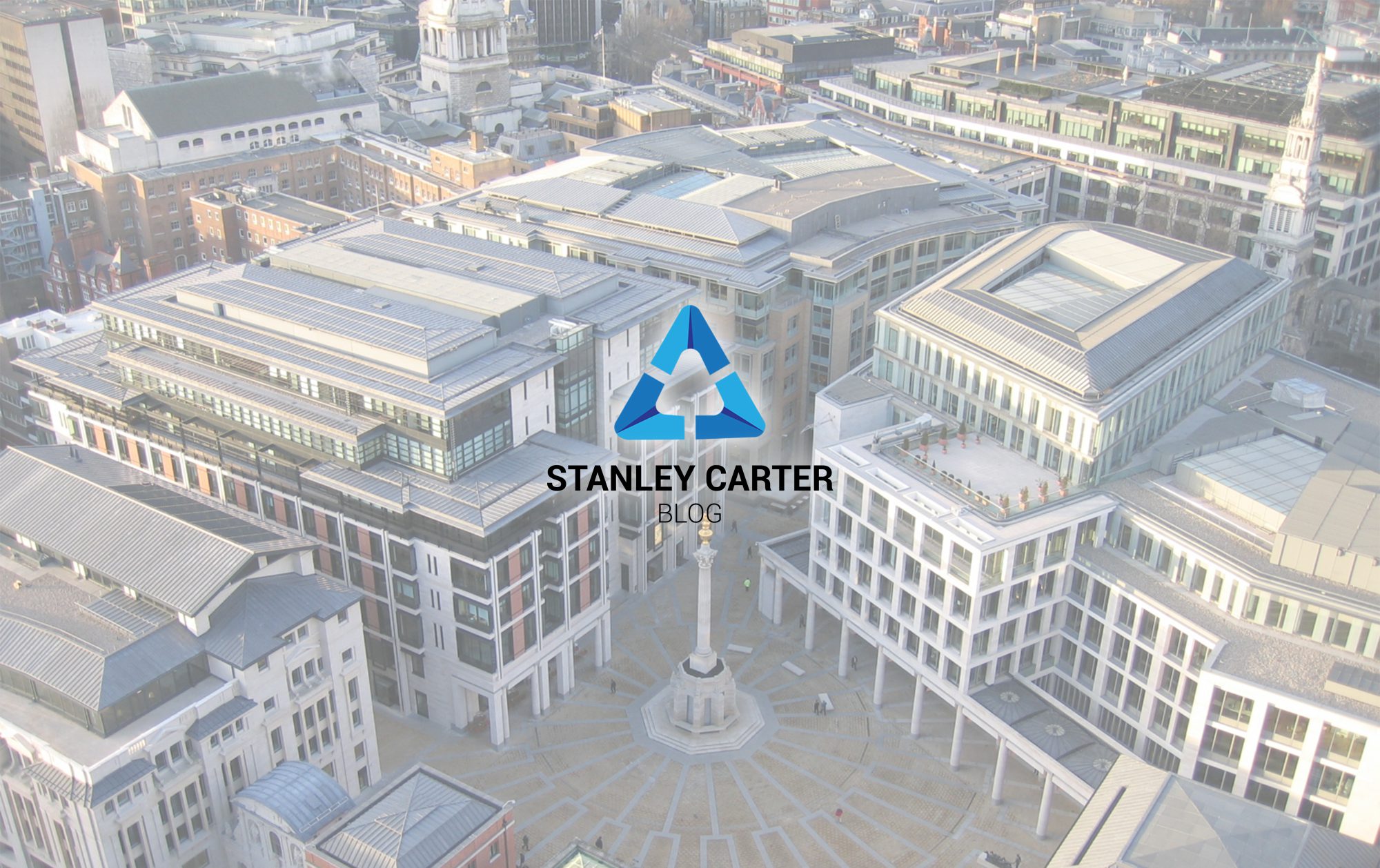In 2017, accountancy practices face many challenges that span the regulatory, economic, political and technology spheres. In particular, digital transformation has brought about rapid change, with accountancy practices needing to consider how to thrive in the digital age, and how to evolve their businesses to maintain pace with the digital revolution in the UK and beyond.
The majority of UK businesses are now leveraging technology to achieve business success. The adoption of cloud technology has almost doubled in the past seven years, according to a study by the Cloud Industry Forum (CIF), with 88% of businesses now using cloud services. In addition, as revealed by the CIF in March 2017, 67% of companies expect to increase their adoption of cloud services by March 2018.
So, why should accountancy practices prepare to move to the cloud, and what steps should they take to get there?
What to gain from the cloud
Digital transformation has had a significant impact on the accountancy industry. As technology enables “traditional” accounting bookkeeping services to be automated, accountants have been presented with an opportunity to transition to an advisory role, adding value to clients.
So, what are the benefits of moving your practice to the cloud?
Improved efficiency
With the cloud comes efficiency. Technology allows accountants to automate repetitive tasks, saving time spent on paperwork. And the cloud also eliminates the need for spreadsheets as well as reducing the risk of manual errors, improving accuracy of data.
Increased accessibility
Data in the cloud can be shared with clients, colleagues, or anybody who needs access, at any point. It also provides accountants with the freedom to work remotely – all you need is an internet connection.
Improved decision-making
Accountants can leverage real-time information to help make informed decisions and provide strategic advice to clients. Whereas accountancy practices without cloud capabilities must often delay decision-making until end of year historical data is available, accountants on the cloud can make the right decisions quickly.
Streamlined systems
A paperless working environment is a key advantage for practices overrun by paper records. Cloud technology also offers a reliable storage system, with quick and efficient access to client and business data, all stored safely and securely with no danger of missing or lost files.
Before moving your clients to the cloud, become a true advocate of the technology by first moving your practice’s accounts to a cloud accounting system. This will enable you to use the system to interpret your own data first and adjust to the system before turning to client data. Become accustomed to the differences between your existing accounting set-up and the new services that the cloud technology offers, fully understanding the benefits that you can leverage to fulfil your clients’ advisory needs.
Finally, it’s important to identify the right clients to move to the cloud first. Young, tech-savvy and small companies are the ideal candidates. By beginning with business that don’t have stock control, custom requirements and a large number of transactions will make the transition smoother for your practice.
For further information about your accountancy needs send us an email on info@stanleycarter.co.uk or check our website www.stanleycarter.co.uk





